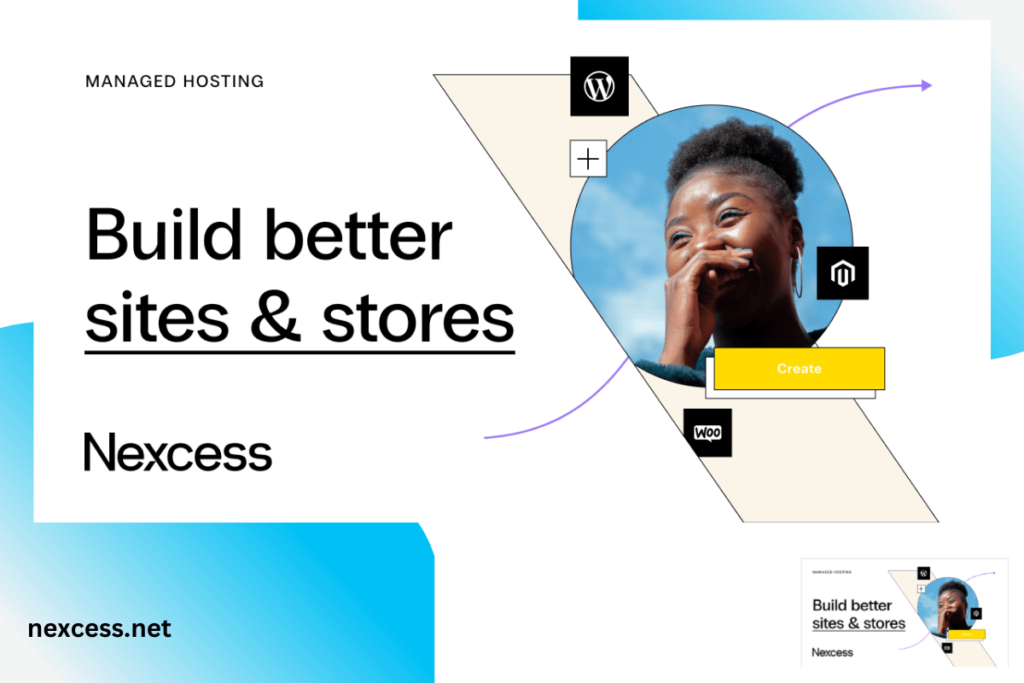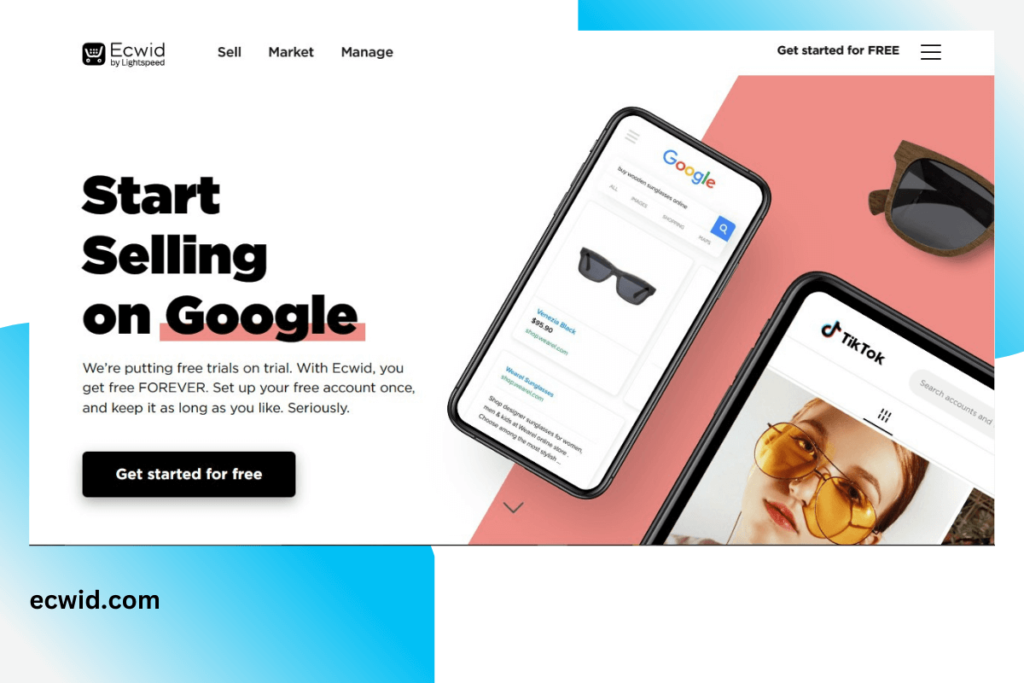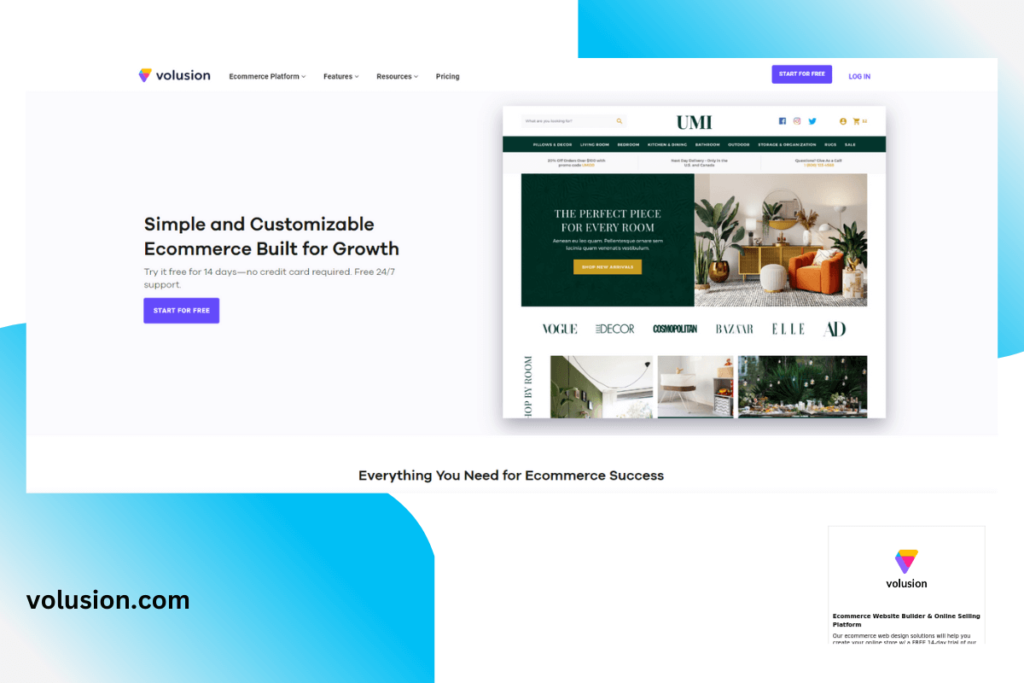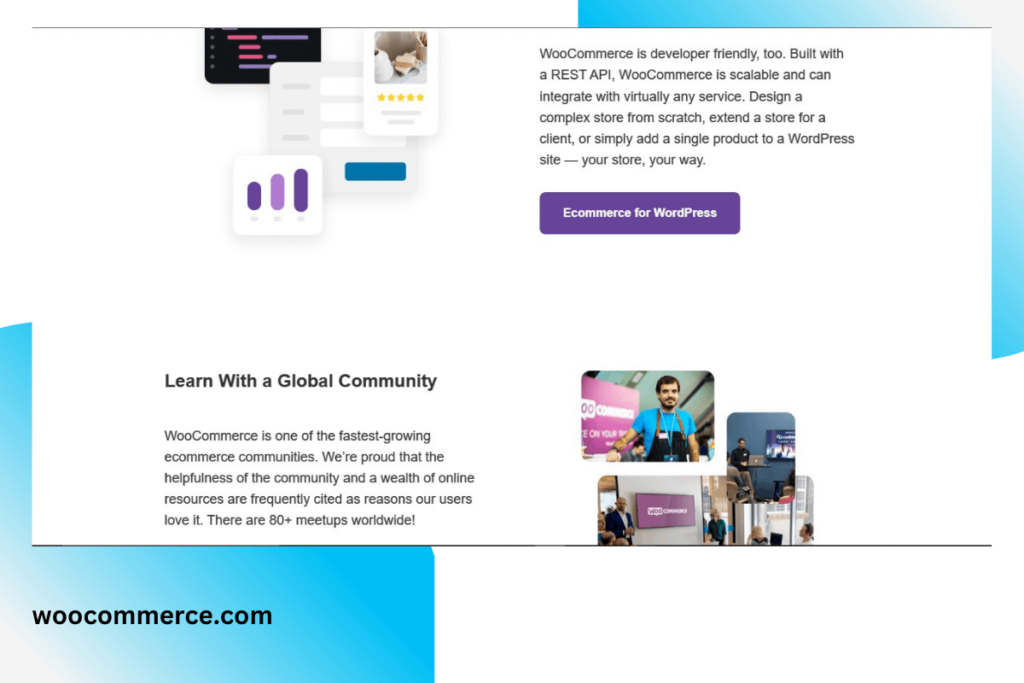Want to cut right to the case? The best ecommerce platform without transaction fees right now is Nexcess.
Transaction fees can quickly eat up your profits if you aren’t careful. But there are plenty of stores that offer an eCommerce platform without transaction fees. Here, we’ll take a look at some of the best ones to help you find the one that’s right for your business.
What are transaction fees?
A transaction fee is a percentage of each sale that the seller must pay to the payment provider. The fee can be charged per item, per sale, or a fixed amount for the entire order. They are typically non-negotiable, so you’ll have to pay the fee whether you make a sale or not.
Can you avoid paying no fees at all when starting your eCommerce store?
The short answer to that question is no. You’re going to have to pay hosting fees, a fee to whoever processes your credit card payments, and a yearly fee to the company you register your domain with. You can’t avoid paying fees entirely, but you can get around paying per-transaction fees depending on the platform that you use.
Now let’s turn our attention to the three most popular eCommerce platforms that don’t charge transaction fees:
1. Nexcess Storebuilder

Storebuilder by Nexcess is one of the best features-packed eCommerce platforms that come at a very affordable price. The best part is that Storebuilder charges no transaction fees, and there are no hidden costs; you have total control over your payment processors. Using Storebuilder for your eCommerce store helps you design and curate a highly customized and optimized webstore for your business to sell all kinds of products.
Storebuilder’s intuitive UI makes it very easy to use and set up, and the dashboard is user-friendly, requiring zero coding experience. Nexcess Storebuilder has several built-in features for website optimization and improved functionalities. You also enjoy excellent customer support and numerous automated sales and performance tools.
Although Nexcess Storebuilder doesn’t offer a free plan, you can try it risk-free for 30 days. Storebuilder even provides you with a temporary domain until yours is ready. It is open source and has website portability, and the best part is that there are no limits to customizations you can make to it.
The pros of using Nexcess Storebuilder are:
- You can sell both physical and digital goods
- Creating your online store is very easy and requires no technical web design skills
- You own your store and everything in it and can make your own rules
- It supports third-party integrations and offers numerous plugins
- It offers auto-scaling and free migrations.
2. Ecwid

Ecwid is one of the best for entrepreneurs with just a little bit of experience in the world of business. Despite its simplicity, this eCommerce platform is packed with features that help you streamline and optimize your online store. You can also sell products on multiple marketplaces and social media platforms using Ecwid.
Ecwid is free to use without paying fees with their free plan. As your online store grows, you should expect to have to pay to keep it going at Ecwid. But the free plan will give you everything you need to get started, and you can upgrade at any time to the paid plans.
The pros of using Ecwid are:
- You can sell multi-vendor products.
- The free plan is very generous.
- You can easily customize and add new features to your online store.
- You can use your own domain name with Ecwid
3. Volusion

Volusion is a full-featured eCommerce platform that provides you with everything that you need to get your online store up and running quickly. This platform also has a free plan, so you won’t need to pay transaction fees to sell products. Volusion is backed by a highly experienced team of developers and designers, which is why it is one of the top eCommerce platforms that don’t charge transaction fees.
The great thing about using Volusion is that they have a feature that allows you to sell both physical and digital products. The free plan is very generous, and you can upgrade at any time as your business grows. You don’t have to be afraid of moving your eCommerce store once it grows beyond what the free plan offers. You can continue with your store at Volusion and gradually upgrade as you need. That’s crucial because, by the time your store makes enough sales that it requires an upgrade, you’ll know the platform like it’s the back of your hand, and you won’t have to transition to learning how to use something else.
The pros of using Volusion are:
- You can sell both physical and digital products.
- Volusion is a full-featured eCommerce platform with a lot of useful features and integrations.
- You can create your online store in minutes with Volusion’s easy-to-use platforms.
- You don’t have to worry about transitioning to a new platform when your site grows.
4. WooCommerce

WooCommerce is a WordPress plugin that is used to add an eCommerce store to WordPress. This means that if you are a web developer who is already familiar with WordPress, you can install WooCommerce like any other plugin, and it will be easy to integrate into your existing website.
WooCommerce is completely free in every way possible, and there are also no transaction fees. Better yet, WooCommerce is also open source which means that you can modify its code to suit your needs and implement whatever additional features that you want, and the community will be there to help you do it.
With the WooCommerce plugin, you will be able to sell both physical and digital products. It also comes with a few features that you have to purchase with other platforms, such as coupons and wishlists. Setting up an online store with WooCommerce is a simple as installing the plugin onto your website. It is also compatible with all of the most popular third-party plugins, which means that you can easily manage your orders with a tool that you are already familiar with.
The pros of using WooCommerce are:
- You have complete control over your online store without having to transfer it to another platform.
- It is open source and very easy to modify if you want something else added to it.
- It is compatible with most of the popular third-party plugins.
Note: You must host your own store when using WooCommerce
You must pay for the hosting, domain and maintain every aspect of your store when using WooCommerce. It’s not a hands-off solution by any means, but there are no transaction fees associated with the platform itself. You may have to pay transaction fees for Paypal or whatever other service you use to accept online payments.
If you’re going to use WooCommerce, make sure you use a safe, secure host that doesn’t frequently go down. You want to make sure that your website is always online and available for your customers.
Don’t limit yourself to only using platforms that have no transaction fees
Eventually, your store will grow, and you’re going to need the flexibility that the eCommerce platforms have that charge transaction fees. You’ll probably start to realize this when you begin to want things like inventory management, abandoned cart recovery, and affiliate tracking. You can’t expect a platform to offer you the necessary things to become successful and not charge you for it.
Transaction fees are the price of doing business, and you can calculate them into your prices
You can pass on the transaction fees to your customer by factoring them into the price that they pay for an item. If you’re selling T-Shirts, add 10% to the shirt’s cost and pass on the transaction fee. Your customer isn’t going to care because you’ve given them a great deal on an awesome T-Shirt in the first place. You should already be passing on several different costs to your customer, such as what you pay for advertising, your employees, and the costs for maintaining your store.
No matter what platform you choose, put the customer first
You’re searching for eCommerce platforms without a transaction fee, but your primary concern should always be to satisfy your customer’s needs. If the transaction is smoother and creates a satisfactory customer experience, it might be worth paying the fee in hopes that you can convince them to come back and buy something from you again.
